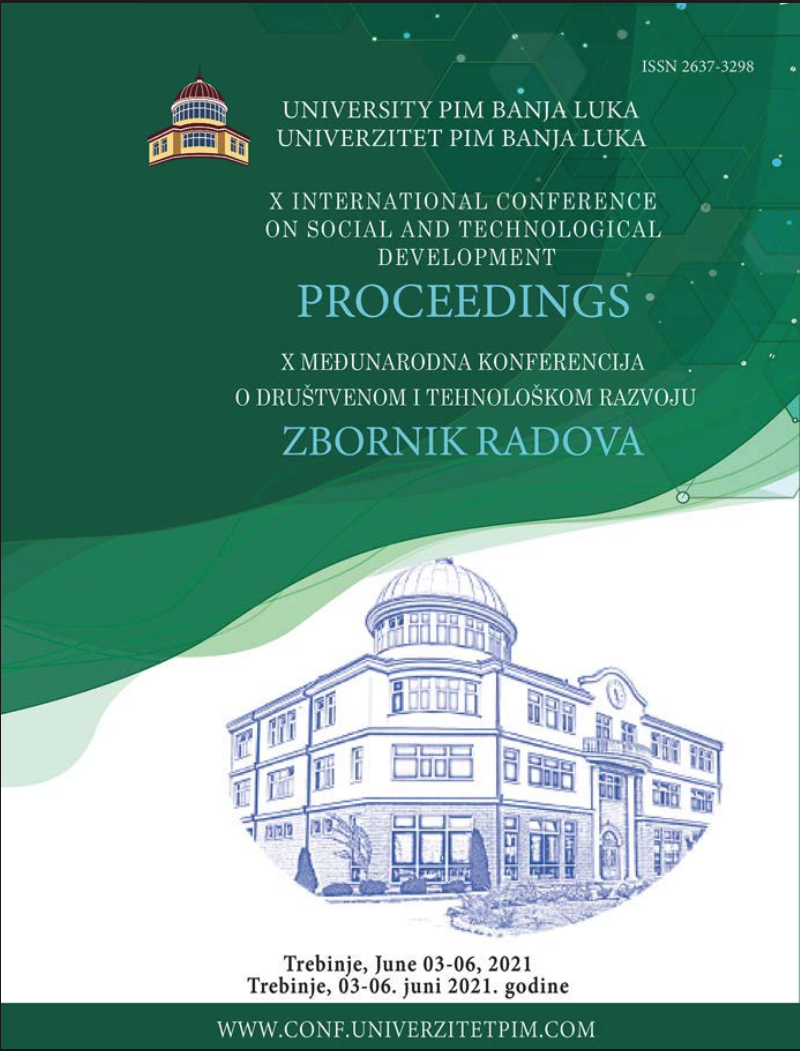
This is an open access article distributed under the Creative Commons Attribution License which permits unrestricted use, distribution, and reproduction in any medium, provided the original work is properly cited.
Faculty of Philosophy, University PIM , Banja Luka , Bosnia and Herzegovina
Communication is an important activity that, even unconsciously, we carry out at every moment of our daily functioning. Although it is well known that good communication is the foundation of successful interpersonal relationships, that it is one of the key elements of success in various professional fields, we witness that very often people do not communicate well or do not recognize the importance of communication for successful business. It is poor business communication in the organizational context that leads to unwanted consequences and is a common cause of misunderstandings, conflicts, withdrawals, resistance, but also insufficient employee efficiency and poor business success. The aim of this research is to determine whether there are differences in attitudes about the importance of business communication of employees in the field of education. The survey included 150 respondents employed in private and state high schools in the Republic Srpska. Data from respondents were collected using a questionnaire designed for the purposes of this study.
business communication, attitudes, communication process, communication barriers, education
The statements, opinions and data contained in the journal are solely those of the individual authors and contributors and not of the publisher and the editor(s). We stay neutral with regard to jurisdictional claims in published maps and institutional affiliations.